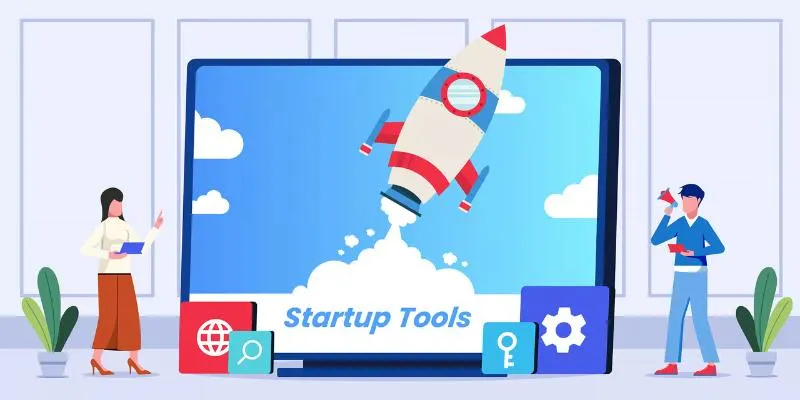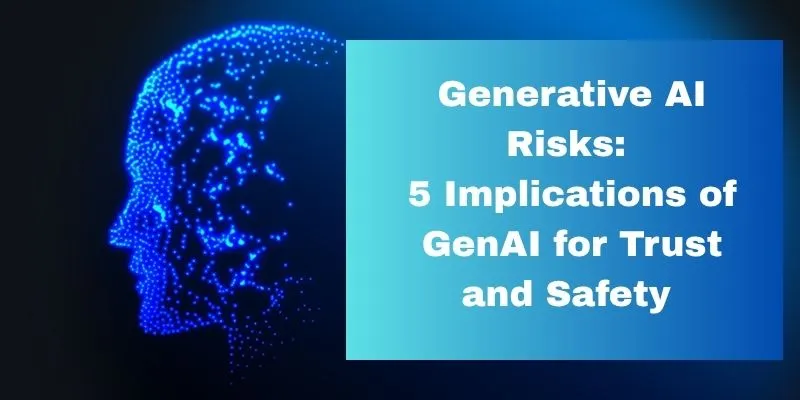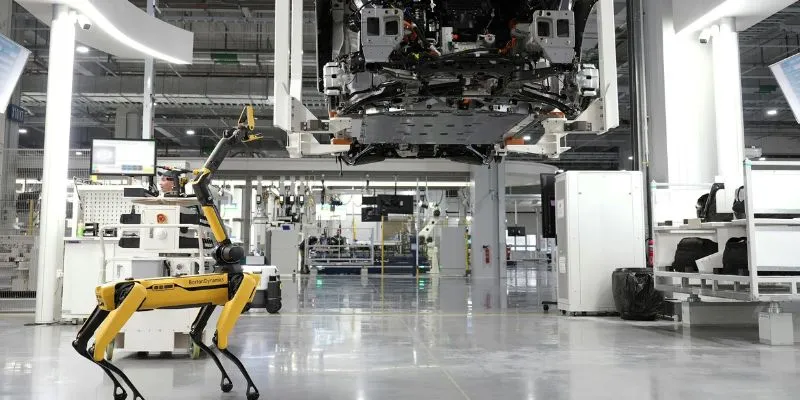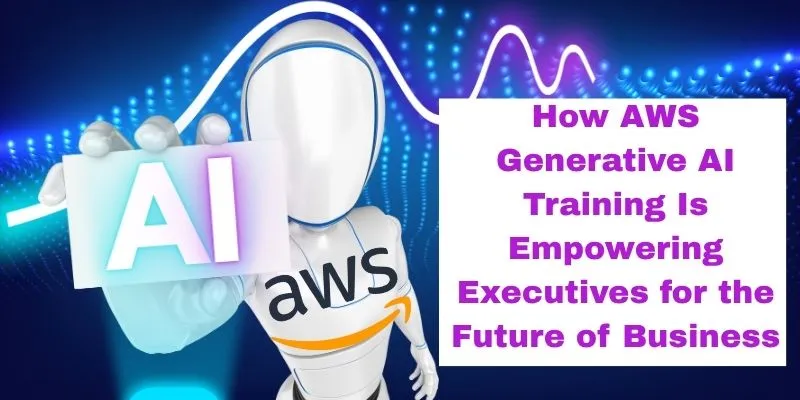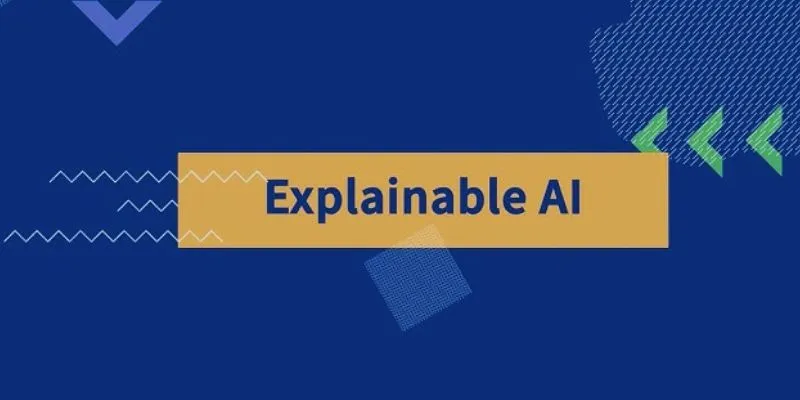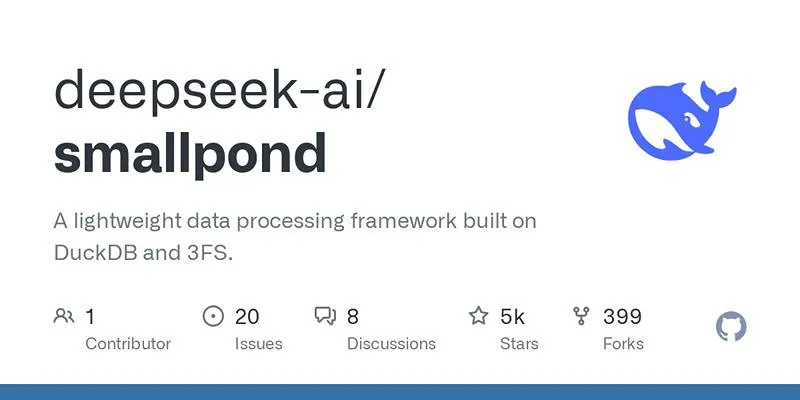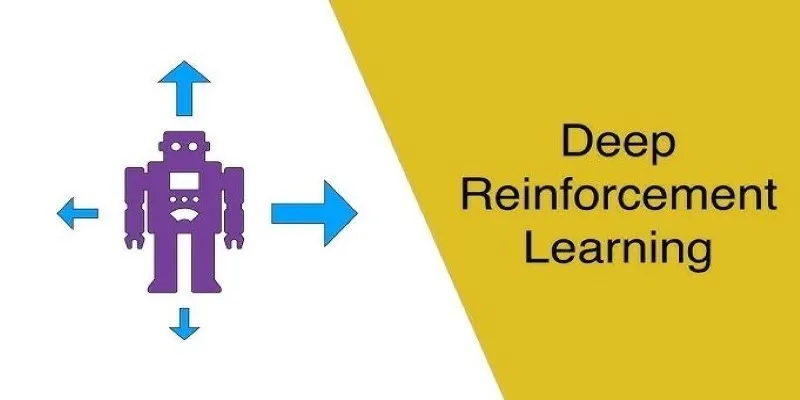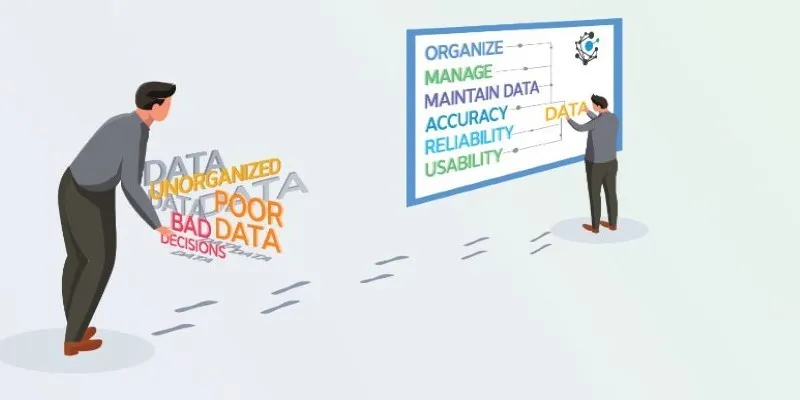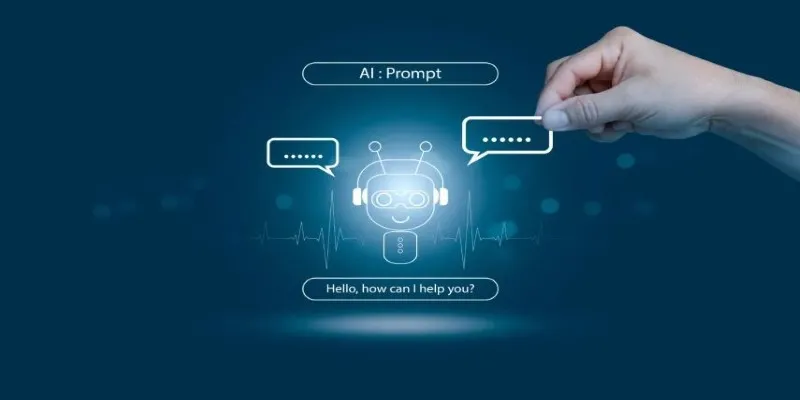AI is transforming the world quicker than ever. It affects everything from our work to our daily lives. AI is no longer just a tool for tech professionals; it’s becoming a part of everyone’s life. Whether you’re a student, a professional, or simply curious about the future, learning how to prepare for an AI-first world is essential.
The good news is that you don’t need to be a scientist or programmer to keep up. Anyone can adapt and thrive with the right skills and mindset. This guide will walk you through practical steps to understand, use, and grow with AI. These strategies will help you stay updated, self-assured, and ready for the future.

How to Prepare for an AI-First Future
Here are key insights and actions to confidently succeed in an AI-first future.
1. Learn the Basics of AI Technology
You don’t need to be an expert to understand AI. Start by learning the basics: what AI is, what it can do, and its limitations. Familiarize yourself with terms like “machine learning,” “automation,” and “data use.” Many free videos and online guides explain AI in simple terms. Understanding these basics boosts your confidence, helps you make informed decisions, and spot issues like bias or misuse. Your future success in an AI-driven world depends on this foundational knowledge.
2. Embrace a Growth Mindset
Change is constant in an AI-first world. A growth mindset helps you stay motivated and adaptable. It involves believing in your ability to improve through effort. Stay curious, accept feedback, and view challenges as growth opportunities. Jobs will evolve, but those open to learning will excel. Companies value quick learners who persevere. This mindset gives you a competitive edge in today’s dynamic environments.
3. Build Critical Thinking Skills
AI is intelligent, but it lacks human judgment. You still need to think clearly and critically. Identify flaws in AI results, contemplate challenges, and ask insightful questions. Don’t blindly follow machine suggestions. Instead, analyze data, compare statistics, and consider context. Critical thinking guides you to make sound decisions and use AI intelligently. This essential skill helps you lead, solve problems, and make better choices in an AI-driven world.
4. Strengthen Emotional Intelligence
AI can detect patterns in voices or faces, but it can’t understand emotions. That’s why emotional intelligence, the ability to empathize and respond compassionately, is crucial. These skills help resolve conflicts, lead teams, and build trust. People prefer working with empathetic and understanding colleagues. Emotional intelligence maintains balance in tech-centric workplaces. To succeed, actively listen, manage emotions, and treat others respectfully.
5. Improve Digital Literacy
Proficiency in digital skills is vital today. Digital literacy means confidently using tools, platforms, and online services. Learn to use cloud systems, manage spreadsheets, and navigate AI-based products like chatbots and planners. It also involves safeguarding your information and recognizing fraud and misinformation. Digital literacy enhances your job performance and online security. As AI becomes more pervasive, your tech proficiency will impact both personal and professional success.

6. Focus on Creativity and Innovation
AI can identify patterns, but human imagination leads the way. In a digital world, originality is your standout trait. AI should enhance, not replace, your ideas. Writers, designers, and marketers already use AI to develop new ideas or explore innovative approaches. Let AI handle routine tasks while you focus on strategy, problem-solving, and creativity. Be bold, ask questions, and suggest new approaches. Thinking outside the box is one of your greatest strengths.
7. Collaborate with AI, Not Compete Against It
Many fear AI will replace jobs, but that’s not always the case. Instead of competing with AI, learn to collaborate with it. Allow AI to manage repetitive tasks while you tackle more complex, creative work. Use AI to analyze data, plan workflows, or identify trends efficiently. Understanding AI’s capabilities and limitations allows you to intervene when needed. Collaborating with AI boosts productivity and makes you a valuable asset in forward-thinking organizations.
8. Learn to Manage Change
In an AI-first world, new tools, jobs, and working methods are constant. Managing change helps you remain calm, adaptable, and ready to grow. A positive attitude towards change enables you to explore new tools and adapt swiftly. Support struggling colleagues and set a positive example. Many books and short courses can enhance your adaptability in the workplace. Change management is a skill that benefits any career and prepares you for the future.
9. Invest in Lifelong Learning
Learning doesn’t end with formal education. In an AI-first world, it’s a continuous journey. Plan to regularly acquire new skills. Watch educational videos, take online classes, or listen to podcasts to sharpen your mind. Focus on AI tools, communication, or leadership—whatever enhances your job performance. Stay informed about industry trends and join knowledge-sharing communities.
Conclusion
AI is the future, but you don’t have to be left behind. By mastering essentials, embracing improvement, and honing vital soft skills, you can thrive in this new world. Embrace change, leverage AI tools, and commit to lifelong learning. Creativity, empathy, and critical thinking will always be your most valuable assets. Most importantly, share your knowledge to help others succeed. Together, technology and human potential can create a smarter, more inclusive future.
 zfn9
zfn9

